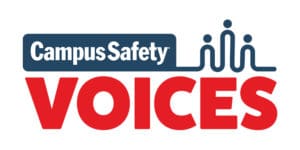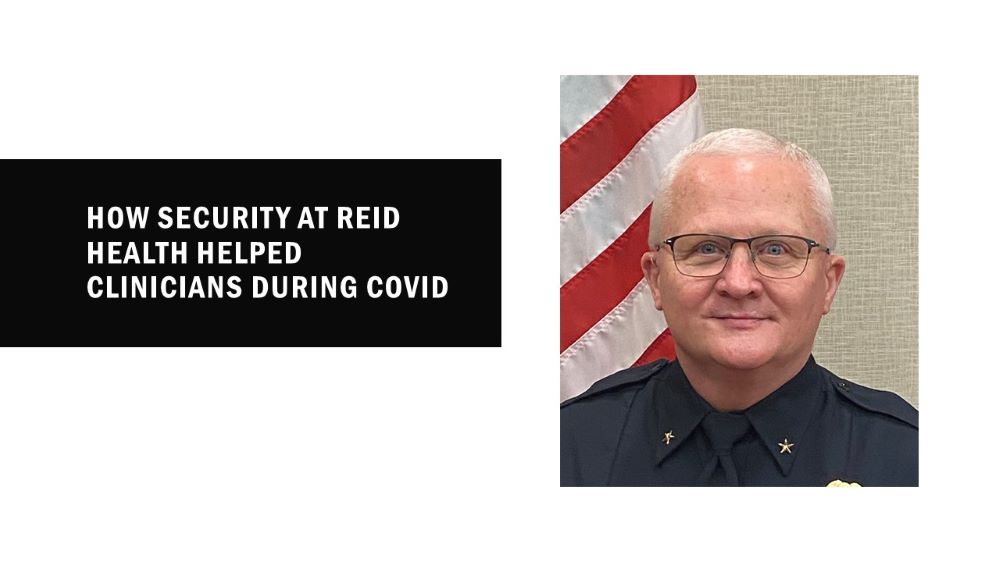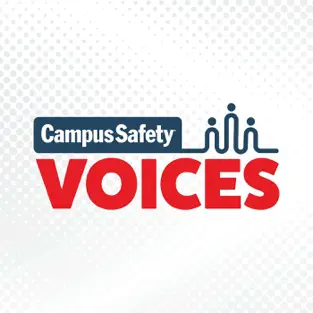The COVID-19 pandemic has put a massive strain on everyone, but especially nurses, doctors, and other medical staff working at hospitals. Although practically every industry is currently experiencing labor shortages, the problem is particularly challenging in healthcare and has been an issue since the start of the pandemic.

Campus Safety Voices, available on Spotify and Apple streaming platforms, features timely conversations on a wide range of topics affecting K-12 schools, institutions of higher education, and healthcare facilities.
Reid Health System Chief of Police Randy Kolentus, who is also one of this year’s Campus Safety Director of the Year finalists, recognized that the clinicians in his organization were overwhelmed with work and needed help. He and his department stepped in to provide non-medical assistance to the nurses, doctors, and other medical professionals at their organization to help lighten their load and brighten their day.
“Our officers discovered early on that what was needed was anything and everything,” he said. “We’re not clinical staff, but it’s a great bunch of officers here. Our officers noticed early on that people were needing help. Things were getting heavy, especially for our clinician staff. The officers were picking up on the fact that the nurses were needing us to physically be there to help them move things, to help them get things. Our officers engaged daily with staff on what they needed. ‘Do you need me to go out and get something that’s going to help your team?’ We’d get drinks for staff; we’d get food and deliver it to different nursing units… candy. Just little things like that to put a smile on someone’s face.”
[promo_content slug=”2022-campus-safety-director-of-the-year-winner-announcement-at-csc”]
In my interview, Randy addresses:
- The experience of the doctors, nurses, and other healthcare professionals at Reed Health during the pandemic, and what made it abundantly clear that they needed assistance from security: 1:38
- How he and his department identified what officers and other staff members could do to help: 8:44
- Who was designated from the security department to provide assistance: 12:22
- The overall results of security staff members pitching in to help the healthcare professionals at Reid Health: 15:40
- Advice for other hospitals struggling with medical worker shortages and burnout: 17:41









